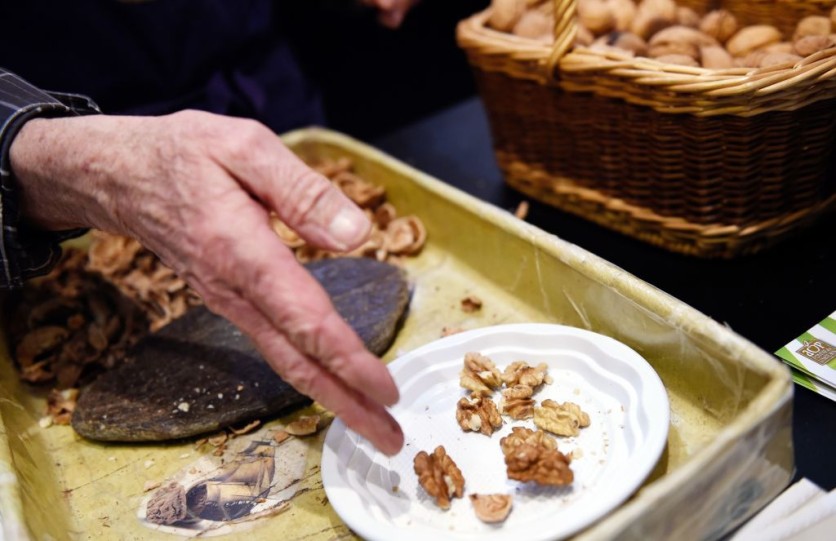The US Centers for Disease Control and Prevention (CDC) on Tuesday warned of an E. coli epidemic connected to bulk organic walnuts that has affected 12 individuals in California and Washington.
Seven people were hospitalized, and two suffered hemolytic uremic syndrome (HUS), a serious kidney illness, the CDC reported. Zero fatalities have occurred. according to a report from The Hill.
The Gibson Farms Inc. recall affected the majority of the sick persons who bought bulk walnuts. The nuts were sold in 19 states, but only two have reported infections. Food co-ops and natural food stores like Whole Foods and Market of Choice offered them in quantity.
The CDC stated that the recalled walnuts expire between May 21 and June 7, 2025. The US Food and Drug Administration (FDA) released a list of shops that may have received walnuts.
The CDC advises customers to ask businesses if they sold recalled walnuts, since some may repackage them in plastic clamshells or bags. The CDC advised businesses not to serve Gibson Farms Inc. organic walnut halves and pieces with lot codes.
In addition, the CDC advises consumers and businesses to remove the contents and "use extra care" to cleanse surfaces that may have touched the walnuts.
E. coli causes severe stomach pains, diarrhea, and vomiting. The CDC says they develop 3-4 days after eating germs. Some people recover without medication within five to seven days.
Moreover, the FDA warned that E. coli can cause bloody stools due to HUS, "or the development of high blood pressure, chronic kidney disease and neurologic problems," as per a report from HealthDay. Individuals with this kind of condition need to be treated in a hospital.

An elderly man opens walnuts on February 26, 2015 during the Paris international agricultural fair at the Porte de Versailles exhibition center in Paris.
Other Important Information to Know About E.Coli
According to the World Health Organization, it is important to note that eating fruits and vegetables like salad, coleslaw, spinach, sprouts, and lettuce is associated with increased E.coli outbreaks. Domestic or wild animal excrement may contaminate these foods during cultivation or processing.
Shiga toxin-producing Water bodies such as ponds and streams, wells, and water troughs harbor the bacterium Escherichia coli (STEC). Manure and silt from water troughs can harbor STEC for years, creating a waterborne transmission risk.
Personal contact, especially oral-fecal contact, is a major transmission method. STEC carriers can infect others without symptoms. Children may shed STEC for longer than adults, who excrete it for a week. Notably, visiting farms and touching farm animals are risk factors for STEC infection.
The UN health agency also advised preventive measures must cover agricultural production, processing, manufacturing, and commercial and residential food preparation. Moreover, Industry mitigation techniques for ground beef include pre-slaughter screening to limit pathogen introduction as hygienic slaughtering reduces feces contamination but does not eliminate STEC.
To reduce microbial contamination, farm, abattoir, and food industry workers must receive sanitary food handling training. Cooking, pasteurization, or irradiation can remove STEC from food.
Related Article : Algal Bloom Sparks Health Concerns for Australian Beachgoers!

ⓒ 2025 TECHTIMES.com All rights reserved. Do not reproduce without permission.




